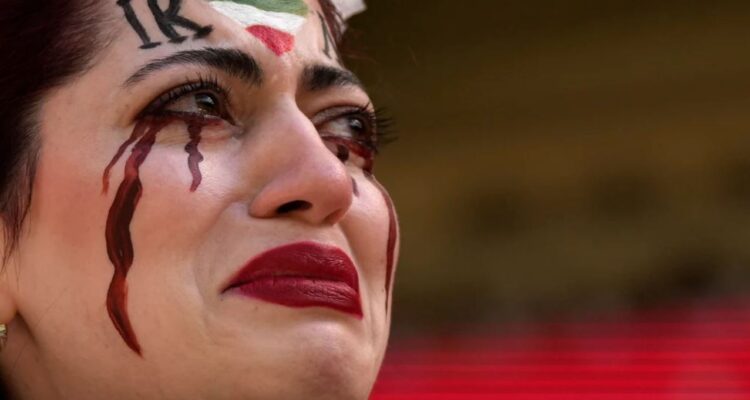Doha: The first FIFA World Cup in the Middle East has become a showcase for the political tensions criss-crossing one of the world’s most volatile regions and the ambiguous role often played by host nation Qatar in its crises.
Iran’s matches have been the most politically charged as fans voice support for protesters who have been boldly challenging the clerical leadership at home. They have also proved diplomatically sensitive for Qatar which has good ties to Tehran.
Pro-Palestinian sympathies among fans have also spilt into stadiums as four Arab teams compete. Qatari players have worn pro-Palestinian arm-bands, even as Qatar has allowed Israeli fans to fly in directly for the first time.
Even the Qatari Emir has engaged in politically significant acts, donning a Saudi flag during its historic defeat of Argentina – notable support for a country with which he has been mending ties strained by regional tensions.
Such gestures have added to the political dimensions of a tournament mired in controversy even before kick-off over the treatment of migrant workers and LGBTQ rights in the conservative host country, where homosexuality is illegal.
The first Middle Eastern nation to host the Cup, Qatar has often seemed a regional maverick: it hosts the Palestinian Islamist group Hamas but has also previously had some trade relations with Israel.
Read the article by Maya Gebeily and Charlotte Bruneau in WAToday.

